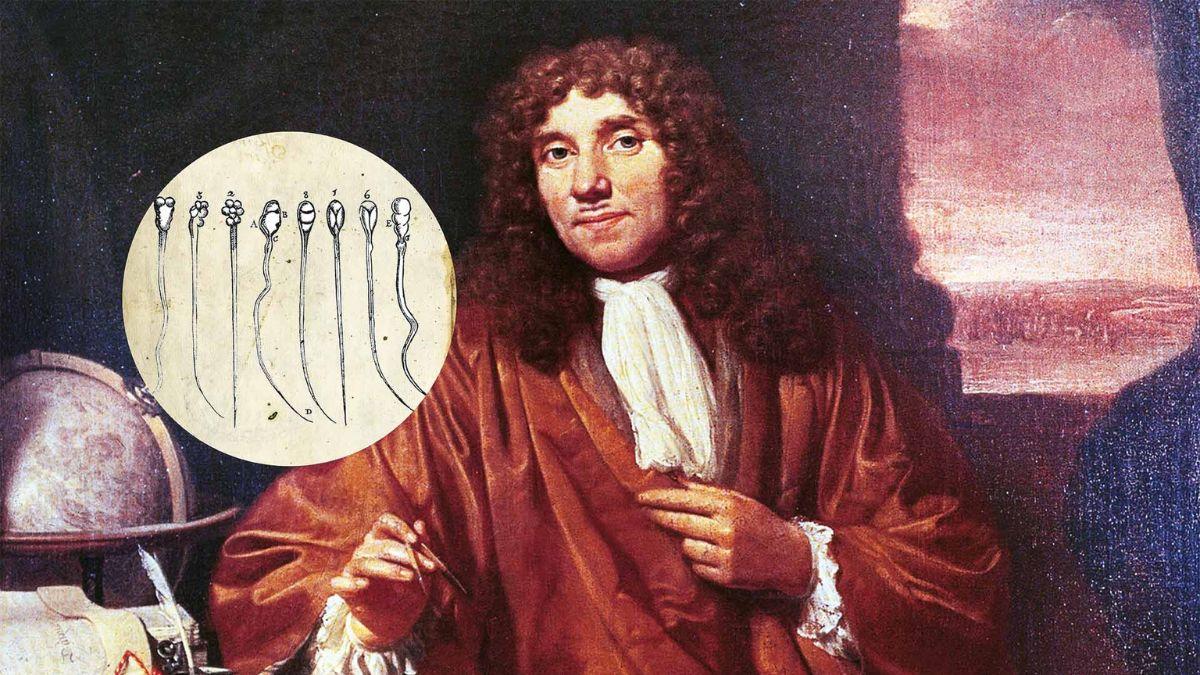Within the archives of scientific history, one standout luminary is Antonie Van Leeuwenhoek, a pioneering figure who played a pivotal role in establishing the groundwork for the field of microbiology. Originating from the Netherlands, he was not only a prosperous entrepreneur but also a highly esteemed scientist. Flourishing and the vibrant era of Dutch science and technology in the 17th century, he earned the affectionate moniker of the “Father of Microbiology” for his groundbreaking discoveries that revolutionized understanding of the microscopic domain.
Who is the Father of Microbiology?
Antonie Philips Van Leeuwenhoek, circa 1759, is known as the father of microbiology and the pioneer of microscopy owing to his early investigations into bacteria. This Dutch scientist, Antonie Van Leeuwenhoek, made groundbreaking observations of microbes while examining them through microscopes, a discovery that stemmed from his meticulous lens polishing efforts.
Why Anton Van Leeuwenhoek Is Known As The “Father of Microbiology”
Antonie Van Leeuwenhoek is known as the “Father of Microbiology” because of the following reasons:
Pioneering Microscopy
Antonie Van Leeuwenhoek’s groundbreaking contributions to microbiology began with his remarkable improvements to the microscope. In an era when microscopes offered limited magnification, Van Leeuwenhoek ingeniously boosted their power from 20x to an astonishing 270x. This significant advancement paved the way for his groundbreaking discoveries.
Discovery of Microorganisms
With his highly advanced single-lensed microscope, Van Leeuwenhoek became the first person in history to directly observe and document microorganisms, including bacteria and protozoa. His meticulous observations in the 1670s provided the scientific community with the first concrete evidence of the existence of these tiny life forms.
| Important Agriculture Revolution | |
| Father of Green Revolution | Father of History |
| Father of Blue Revolution | Father of the Yellow Revolution |
The Term “Animalcules”
Van Leeuwenhoek’s term “Animalcules” referred to the microscopic single-celled organisms he discovered. This discovery not only expanded our knowledge of the microbial world but also laid the foundation for the field of microbiology.
Advancing Biological Knowledge
In addition to his work on microorganisms, Van Leeuwenhoek’s observations extended to other areas of biology. He identified sperm in mammals, which was a groundbreaking revelation that contributed to our understanding of reproduction. Furthermore, he investigated blood cells and nematodes, making significant contributions to various branches of biology.
Transformation of the Biological Field
Antonie Van Leeuwenhoek’s pioneering work in microscopy and his groundbreaking discoveries fundamentally transformed the field of biology. His meticulous observations and innovative microscope designs set the stage for future scientific investigations into the microscopic world. His contributions not only expanded our understanding of biology but also laid the groundwork for the development of microbiology as a distinct scientific discipline.
Legacy as the “Father of Microbiology”
Antonie Van Leeuwenhoek earned the title of the “Father of Microbiology” due to his pioneering work in microscopy, his discovery and documentation of microorganisms and his significant contributions to various aspects of biological science. His groundbreaking achievements continue to be celebrated for their profound impact on our understanding of the microscopic world.



 Who is the Inventor of the Gramophone?
Who is the Inventor of the Gramophone?
 What is the State Song of Andhra Pradesh...
What is the State Song of Andhra Pradesh...
 National Investigation Agency (NIA): Its...
National Investigation Agency (NIA): Its...
